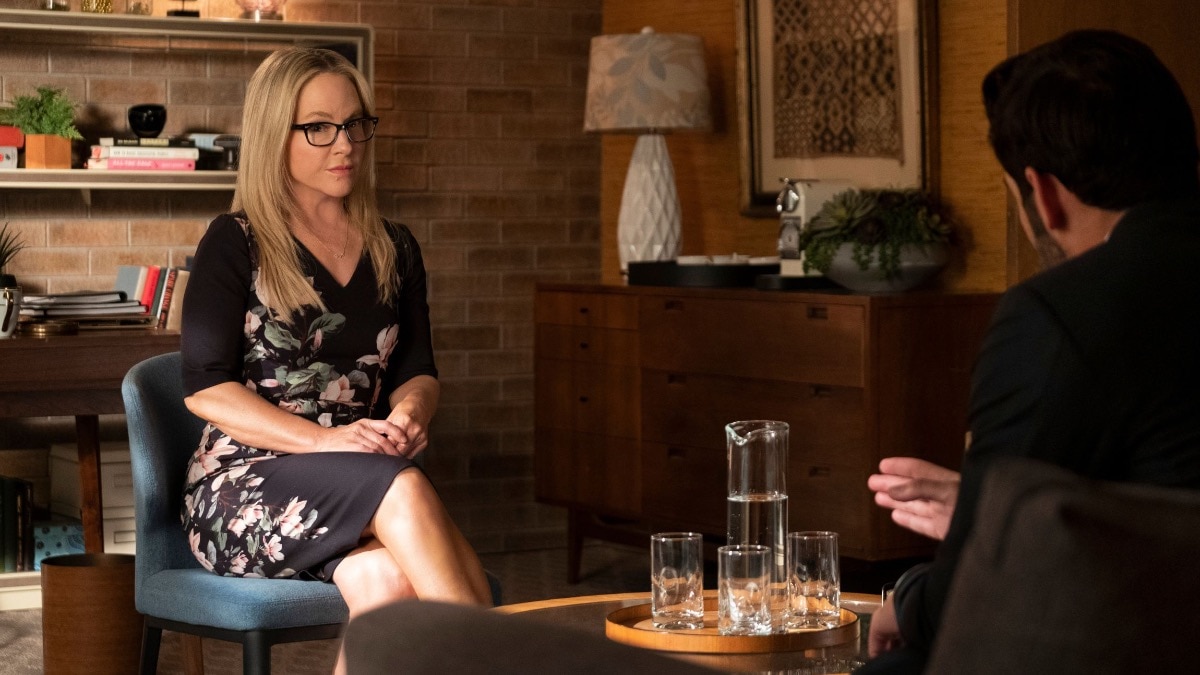Therapy 101—why we avoid it, signs we need it, and how to start
The conversation around mental health is louder than ever, but here’s the uncomfortable truth: most of us are still not actually going to therapy.


We’ve all heard the buzzwords—mental health, self-care, mindfulness—echoing from podcasts, social media, and even your group chats. We talk about it like it’s a trend, but when it comes to taking that first step, the silence is deafening. It’s not that we don’t know why we should go. We’ve read the articles, seen the memes, and heard the influencers touting the importance of mental well-being. But the reality? It’s messy. Finding a therapist feels like navigating a maze of options, doubts, and a ton of unspoken expectations. And if you’re under 30, throw in the added pressure of trying to balance your mental health with the expectations of living up to a polished, perfectly curated, social-media-friendly version of yourself.
The truth is, therapy isn’t a trend—it’s a tool. But getting past the barriers that keep us from actually booking that appointment is the hardest part. So, here is a guide is for anyone who’s been putting it off, who’s unsure of where to start, or who’s skeptical that therapy can actually help. It’s time to move past the noise and talk about what really happens when you walk into that therapist’s office.
When is it time to seek therapy?
The first step before getting therapy is recognising when you might benefit from professional support, which can often be the most challenging part. According to Dr Sameer Malhotra, senior director and head of mental health and behavioural sciences at Max Super Speciality Hospital, several key signs indicate a need for help. These include a persistent low mood or irritability lasting beyond two weeks, intrusive, unwanted thoughts or behaviours such as compulsive checking or excessive handwashing, and struggling with feelings of worthlessness, hopelessness, or helplessness.
Additionally, self-harming thoughts, substance misuse, or significant difficulties in relationships or work may also be red flags. Individuals may also find it hard to cope with adjustment issues or overwhelming stress. Understanding the distinction between temporary stress and chronic emotional challenges is crucial. If these feelings or behaviours persist, seeking professional guidance can provide clarity and relief.
Finding the right therapist
Choosing a therapist is a deeply personal decision that requires careful consideration. Dr Malhotra explains, “The ideal therapist should be a good listener, knowledgeable, non-judgemental, and empathetic. They must also be well-trained and skilled in understanding diverse personalities, cultural nuances, and coping mechanisms.
“For first-time clients, the initial phase of therapy typically involves a comprehensive assessment to explore your concerns, inner conflicts, and external stressors. It’s essential to take the time to research potential therapists, review their credentials, and ensure that their approach aligns with your values and needs.”
Preparing for the first session
The first therapy session can feel overwhelming, but preparation can make it more productive. Begin by reflecting on your current challenges and jotting down any key concerns or questions you’d like to address. This will give you a clear starting point for the conversation and ensure that you don’t forget important issues that need addressing.
“It’s also crucial to understand that the first session is primarily about building rapport and assessing your situation. While you may not receive immediate solutions, this initial stage lays the groundwork for future progress,” says Dr Malhotra.
Overcoming cultural and financial barriers
Cultural stigmas and financial constraints are among the most common obstacles to seeking therapy. Dr Malhotra suggests, “Myths such as ‘therapy makes you dependent’ or ‘it’s only for the weak’ stem from ignorance or incomplete knowledge. Awareness and education can help dismantle these fears.”
While the financial burden remains a challenge, teletherapy has emerged as a transformative solution, offering accessible support for those in need.
Measuring progress in therapy
Therapy is a journey, not a destination, and progress can sometimes be difficult to quantify. Dr Malhotra suggests, “Pay attention to changes in your mood, relationships, and ability to cope with challenges. If you feel therapy isn’t working, discuss it openly. A good therapist will adapt their approach—whether psychodynamic, cognitive-behavioural, or supportive—to meet your evolving needs.”
Progress is about improving your quality of life and gaining insight into yourself. Be patient with the process and celebrate small victories along the way.
Embarking on the path of therapy can feel like stepping into the unknown, but with the right information and support, it becomes an empowering journey of self-discovery and healing. Therapy is not a quick fix; instead, think of it as a journey—a commitment to understanding and improving oneself, one session at a time.
Lead image: Netflix
Also read: 5 brilliant movies that highlight the importance of therapy
Also read: Wellness is everywhere. But how well do you really need to be?










